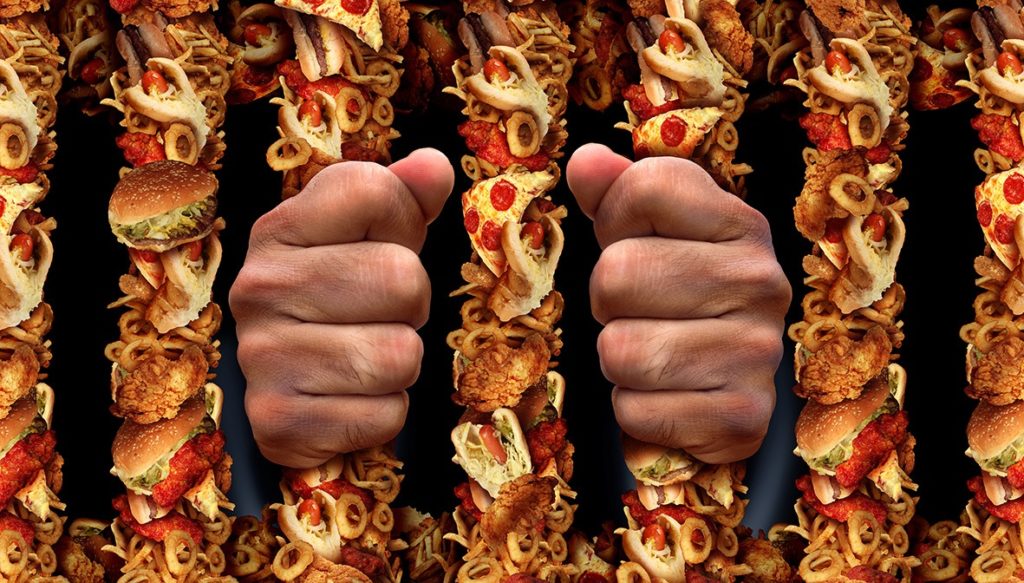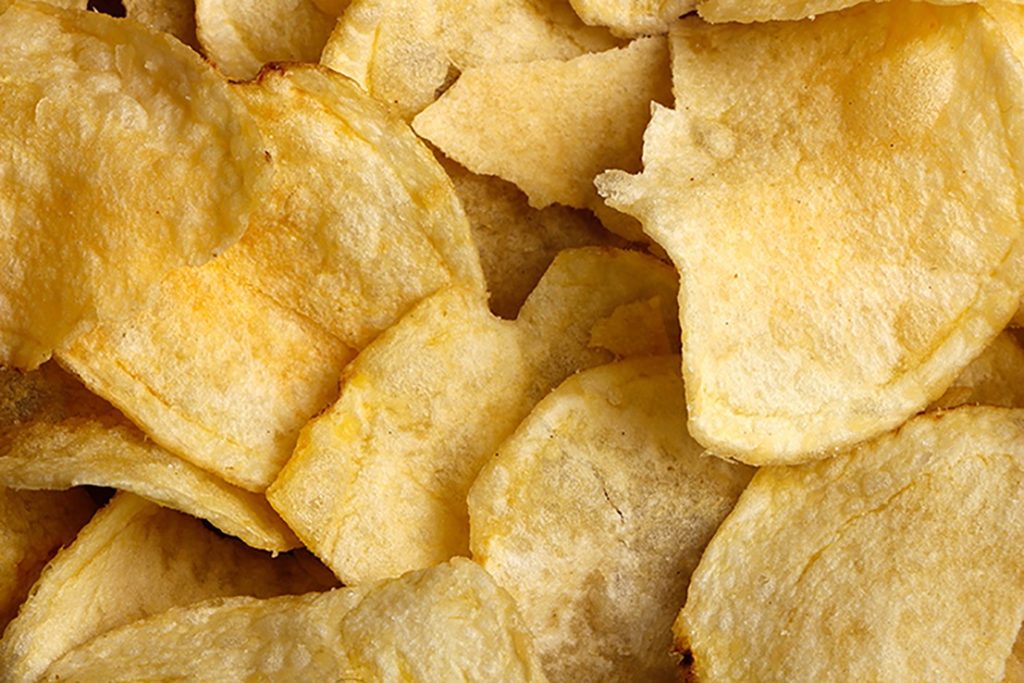Food addiction: breaking the habit
For many of us, eating particular foods can be comforting: a pick-me-up during a hard task; a reward after a long day at work; a satiating end to a lovely dinner. But some people have a compulsive and uncontrolled urge to eat particular foods, especially hyper-palatable “junk” foods. This can have an impact on their day-to-day functioning as well as their ability to fulfil social, work or family roles. People who struggle with food addiction may have intense cravings which don’t relate to hunger. They may also have increased levels of tolerance for large quantities of food. Further, they may suffer from feelings of withdrawal.
Rather than hunger, these cravings may be prompted by low mood, mental illness (eg, depression and anxiety), high levels of stress or heightened emotions.
Food addiction is not currently a clinically diagnosable disorder. Yet patients often ask doctors about how to manage their addictive eating. These health providers generally acknowledge their patients’ eating behaviours but may be unsure of suitable treatments.
A common tool for assessing food addiction is the Yale Food Addiction Scale. The science of food addiction is still emerging, however, researchers are increasingly finding that addiction and reward pathways, triggered by stress and mental illness, can lead to an urge to overeat.

How common is food addiction?
Many factors contribute to overeating. The abundance of fast food, junk food advertising and the highly palatable ingredients of many ultra-processed foods can prompt us to eat whether we’re hungry or not. However, some people report a lack of control over their eating far beyond liking and wanting, and are seeking help for this.
Around one in six people (15-20%) report addictive patterns of eating or addictive behaviours around food. Food addiction is higher among people with obesity and mental health conditions. However, it still only affects a subset of these groups.

How can you tell if you have a problem?
Typically, food addiction occurs with foods that are highly palatable, processed and high in combinations of energy, fat, salt and/or sugar while being low in nutritional value. This might include chocolates, confectionery, takeaway or fast foods and baked products.
Foods like these are associated with high levels of reward. Due to this, they may preoccupy your thoughts. They might boost your mood or offer a distraction from anxious or traumatic thoughts. Over time, you may need to eat more to get the same feelings of reward.
However, for others, it could be an addiction to feelings of fullness or the sense of reward or satisfaction. There is ongoing debate about whether it’s the components of food or the act of eating itself that is addictive. Or it could be a combination of the two.
Given people consume foods for a wide range of reasons, and people can form habits around particular foods, it could be different for each individual.

It often starts in childhood
Through our research exploring the experiences of adults, we found many people with addictive eating attribute their behaviours to experiences that occurred in childhood. These events are highly varied. They range from traumatic events to the use of dieting or restrictive eating practices or are related to poor body image or body dissatisfaction.
Our latest research found that addictive eating in teenage years is associated with poorer quality of life and lower self-esteem. And it appears to increase in severity over time. Children and teens tend to have fewer addictive eating behaviours than adults. Of the 11 symptoms of the Yale Food Addiction Scale, children and teens generally have only two or three. Meanwhile, adults often have six or more – classified as severe food addiction.
Adults also display similar associations to adolescents. Those who are overweight and those with poor mental health tend to experience more symptoms and are more likely to become addicted to food. This highlights that some adolescents will need mental health, eating disorder and obesity services in a combined treatment approach. We also need to identify early risk factors to enable targeted, preventative interventions in younger age groups.

How do you treat food addiction?
The underlying causes of addictive eating are diverse, which means treatments can’t be one-size-fits-all. A large range of treatments are being trialled. These include:
1. Passive approaches such as self-help support groups.
2. Trials of medications such as naltrexone and bupropion. These targets hormones involved in hunger and appetite and work to reduce energy intake.
3. Bariatric surgery to assist with weight loss. The most common procedure in Australia is gastric banding. It involves wrapping an adjustable band around the top part of the stomach to apply pressure, which in turn reduces appetite.
Few of the available self-help support groups include involvement or input from qualified health professionals. While providing peer support, these may not be based on the best available evidence, with few evaluated for effectiveness.
There is evidence that medications and surgery can help some people lose weight and reduce food addiction. However, these may not be suitable for some people, such as those in the healthy weight range or with complex underlying conditions. It’s also critical that people receiving medications or surgery are counselled to make diet and lifestyle changes.
Other personalised approaches that include diet, exercise and mindfulness show promising results. This is especially so when co-designed with patients and health professionals.

Our emerging treatment program
We’re also creating new holistic approaches to manage addictive eating. We recently trialled an online intervention tailored to individual personalities. Delivered by dietitians and based on behaviour change research, participants in the trial received personalised feedback about their symptoms, diet, exercise and sleep. They then formulated goals, distraction lists and mindfulness plans. All of this contributes to an overall action plan.
After three months, participants reported that the program was acceptable and feasible. The next step in our research is to trial the treatment for effectiveness. We’re conducting a research trial to determine the effectiveness of the treatment on decreasing symptoms of food addiction and improving mental health. It’s the first study of its kind. The program will be translated to clinical practice if found to be effective.
If you feel you experience addictive eating or food addiction, talk to your GP or contact an accredited practising dietitian for assessment and support.
This article was written by Tracy Burrows, Professor Nutrition and Dietetics, University of Newcastle; and Megan Whatnall, Post-Doctoral Researcher in Nutrition and Dietetics, University of Newcastle. It was originally published by The Conversation. Click here for the original version. We have edited the article for style, length and clarity.









